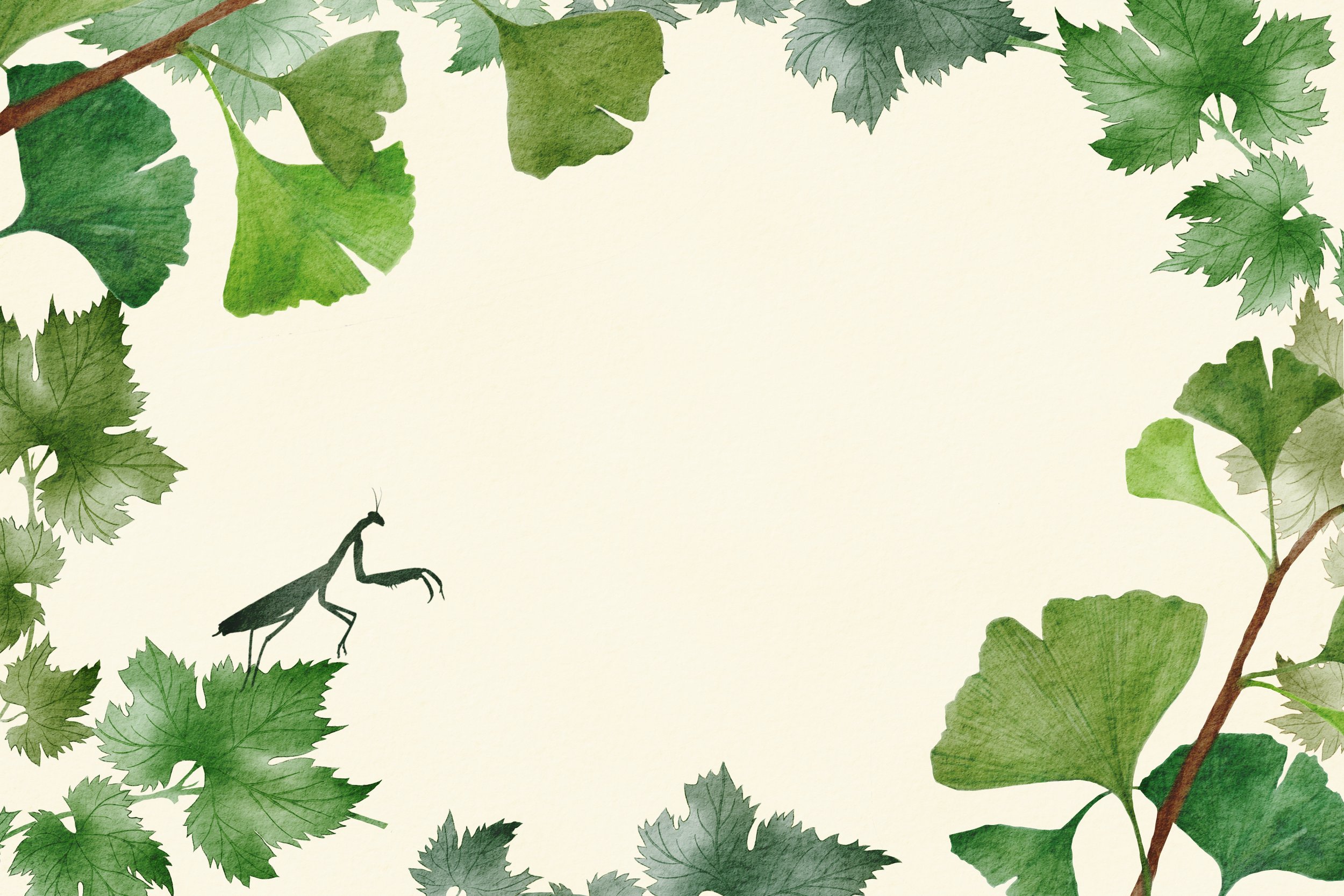
Mantis 18 (Spring 2020)
West Coast Poetry
Prageeta Sharma
Friendment
I would like to tell you how our friendship lost its appeal.
It was simple and petty, and was about the circumstances of power
and white feminism and how it simpers.
I saw how my symbol was porous in your pupil-eye
and I was your middle-class servant,
not real to you. You spoke ill of me.
It was shared with me and I fell sullen suddenly and bore my anger
till it fell into place with the categories I had for it.
I realized I was a kind of curtain to envisage with a sparing light
that shouldn’t get in the way.
I was an outdated venetian blind with a cuckold cord
and not a longstanding mirror.
And I stopped believing your bright-eyed condemnation
of everyone across the widened and bolted table.
People who were decidedly likeable. I knew they were.
There’s a row of furniture that we all have to muscle,
and it hurts our arms and we are bruised now.
And without you we made dinner—with lobster bisque and strident
chalices itemizing kindly suggestions with holidays underneath the
sentiment;
and it was overwhelmingly delightful.
And with this, we realize that arms give up holding the prideful
and turn to those with a bona fide devotion of humans.
Most of us are together in this project of leaving ambition
to some delightful happenstance and not construing people as prey.
But now I am the one who sounds superior. I want to retract some of this tone.
But I can’t, I will say more to how I placed your authority above my
head—a headless crown.
You find it necessary to reprove innocence
and I saw that squarely replace your radiance.
A poem, while it can expose us to our imagining selves, can also trick us
into imagining ourselves
as something beyond our behaviors.
It’s this crime of the shameful self, who is willing to feel this truth
with the same frequency as the other feelings.
You live behind a tree and the tree’s soil is only grounding the said tree.
PRAGEETA SHARMA is the author of the poetry collections Grief Sequence (Wave Books, 2019), Undergloom (Fence Books, 2013), Infamous Landscapes (Fence Books, 2007), The Opening Question (Fence Books, 2004), which won the 2004 Fence Modern Poets Prize, and Bliss to Fill (Subpress, 2000). She is the founder of the conference Thinking Its Presence: Race, Creative Writing, Literary Studies and Art. A recipient of the 2010 Howard Foundation Award, she has taught at the University of Montana and now teaches at Pomona College.
Throughout this fallen fall into a diminished winter
with its ten thousand upturned leaves,
its impervious star-light for which I was given sight to look up,
Upa, (on upon) having perceived the mind,
in an imperceptible
snowed-in shadow. A demarcated yellow.
I was given a future to breathe in.
I am still discussing what traumas won’t shake. Could they lessen in time?
Why do you think I am with him because he is at peace with himself
and brings his peace to me.
There is incalculable value in the quiet night
of nonviolent affairs.
Secular Onement
This Day
I hear the coyotes howling behind this suburban house.
I want the couplets here to contain all the deep melodrama
and strain of being in my hometown
for these miserable days,
but the more I douse
these stanzas with complaint,
the more I feel a calmness etch itself a tame,
casual care towards my singular family,
their private comforts, the rodent mouse
who hides in their walls, the pack of wilds scrounge with me,
in a feign of greed.
We all tire & getting old and weak, and must share our tumbling
fears together, as we should.
